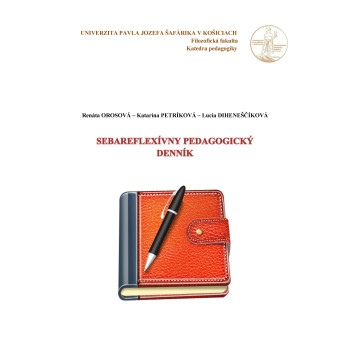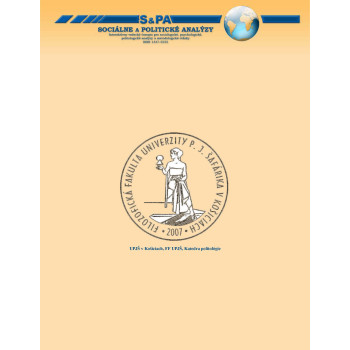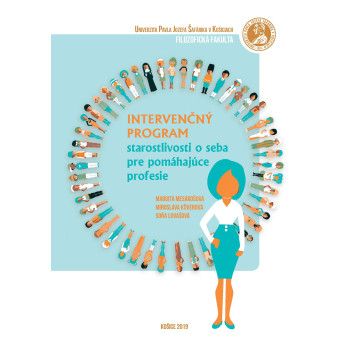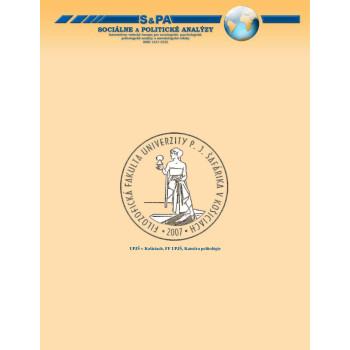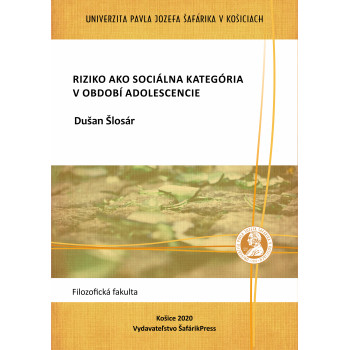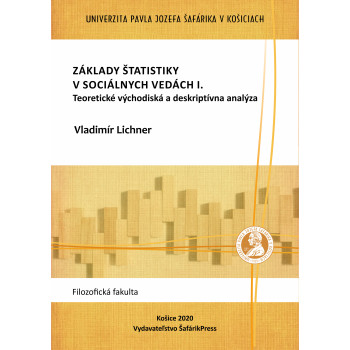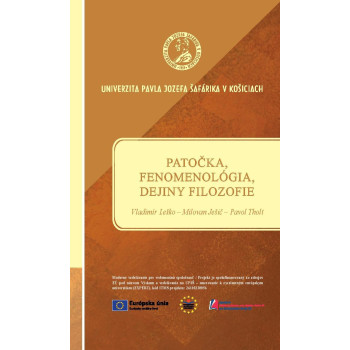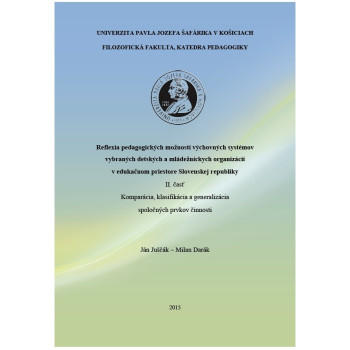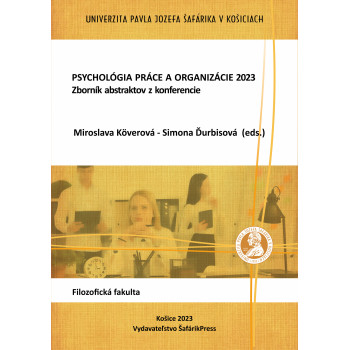
Dotazník úrovne starostlivosti o seba u...
E-book
Františka Petriková - Vladimír Lichner - Eva Žiaková
The proposed methodological guide focuses on a self-care questionnaire for the target group of adolescents. The creation of this methodology was prompted by its absence in the conditions of the Slovak Republic. The methodological guide consists of both theoretical and empirical parts.
In the theoretical part, the authors present theoretical foundations for the proposed methodology—self-care among adolescents—and also provide theoretical definitions of components of self-care in this target group. The second, empirical part of the methodological guide is dedicated to validation methods used to verify the questionnaire. It also presents results examining differences or correlations in the presented issues.
Download e-book for free (pdf)




